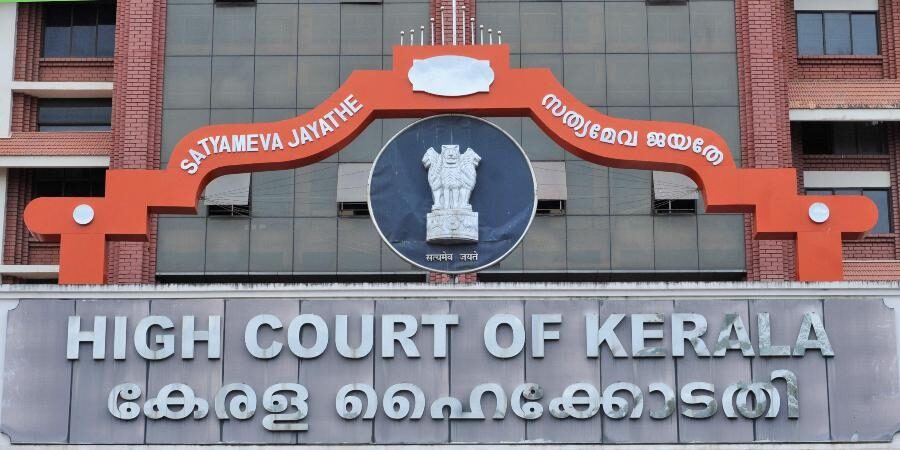On Wednesday, the Kerala High Court delivered judgement in a child sexual abuse case that utterly shocked the court. The judgment focused on the graveness of the crime and the importance of adequate functioning of public machinery in cases of child sexual abuse. Background: Two sisters aged 13 and 9, committed suicide at the beginning
To Read More Please Subscribe to VIP Membership for Unlimited Access to All the Articles, Download Available Copies of Judgments/Order, Acess to Central/State Bare Acts, Advertisement Free Content, Access to More than 4000 Legal Drafts( Readymade Editable Formats of Suits, Petitions, Writs, Legal Notices, Divorce Petitions, 138 Notices, Bail Applications etc.) in Hindi and English.







